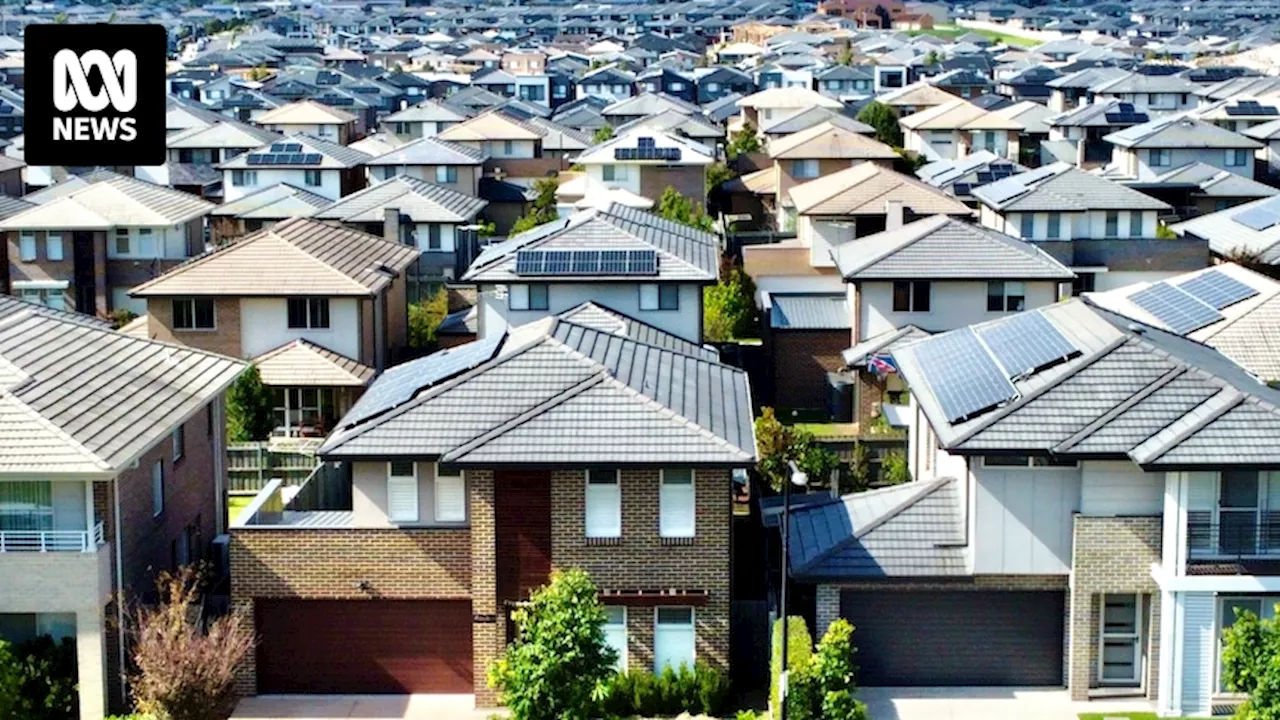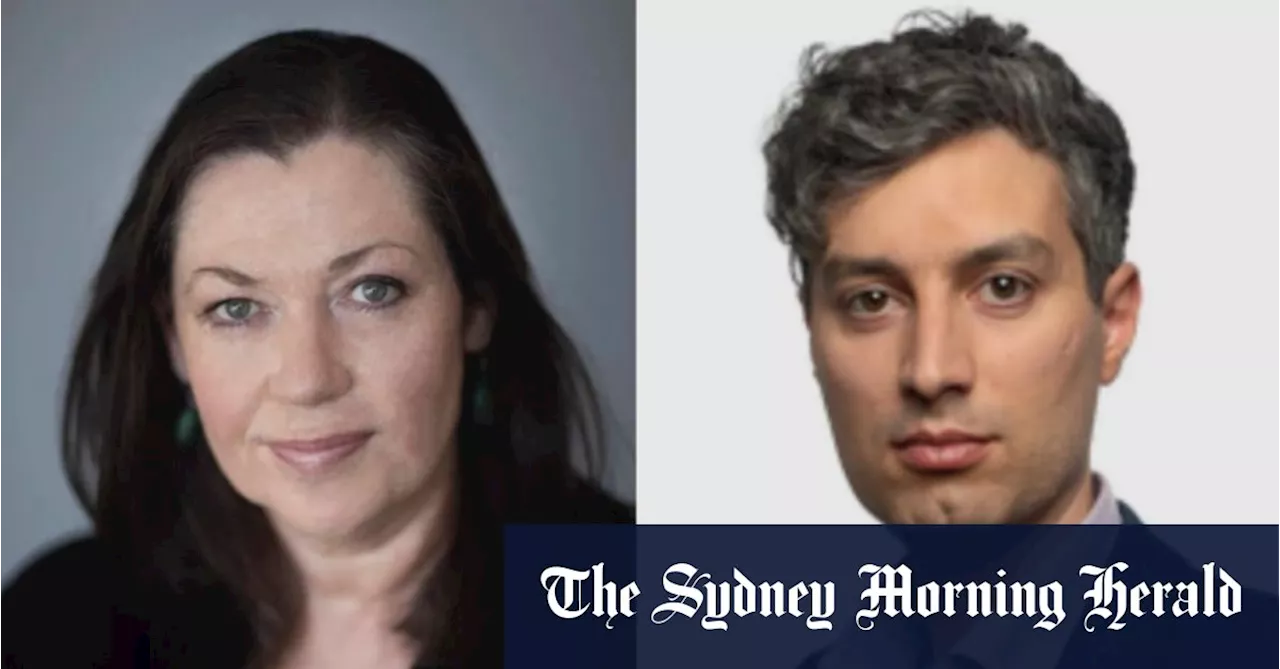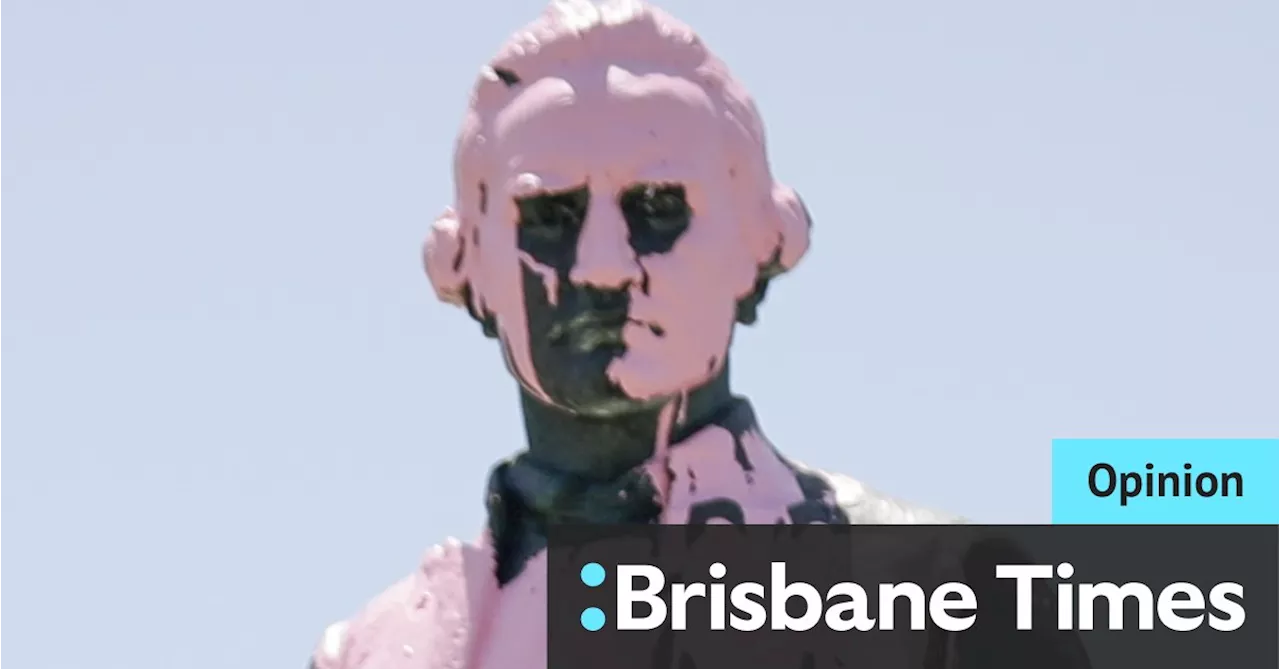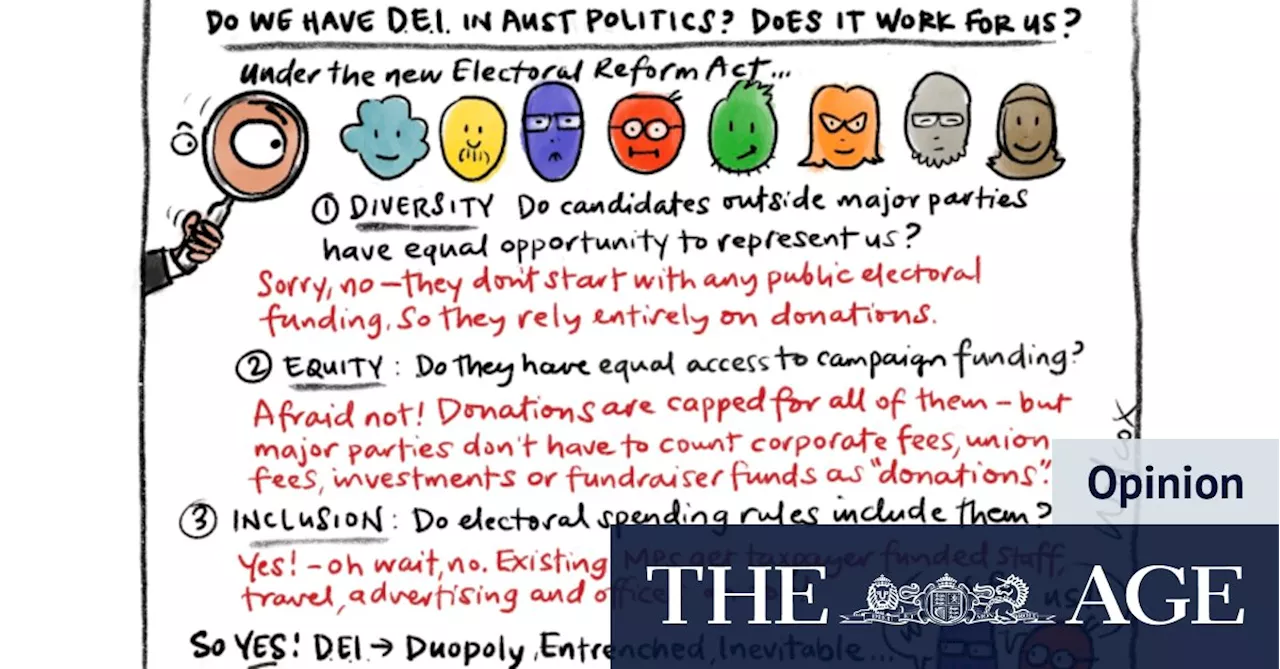This article delves into the contentious debate surrounding election funding reform in Australia, exposing the self-serving motives of major political parties and independent MPs. It critiques the government's handling of the AUKUS deal and highlights the urgent need for effective climate change leadership.
Determining who holds the most ethical stance in the debate surrounding election funding reform is a complex task. While major political parties , such as Labor and the Coalition, advocate for reducing the influence of substantial private donors like Clive Palmer, their willingness to address the implications of increased public funding, which would disproportionately benefit them, appears limited.
Independent MPs, while claiming to oppose the corrupting influence of money in politics, seem to make an exception for 'clean' funds used to elect candidates aligned with their ideologies, such as the 'teals'. This apparent hypocrisy undermines the credibility of all involved parties.Any measure that hinders the ability of teal candidates to finance their campaigns is deeply regrettable. Politicians who either fail to comprehend or choose to ignore the urgency of climate change are demonstrably unfit to lead. Their approach resembles that of leaders in Pompeii in 79 AD, who, despite recognizing the volcano's ominous rumblings, reassured their citizens of an absence of immediate danger. We require leaders who are willing to embrace scientific evidence and communicate the truth to the public.Labor and the Coalition's self-congratulatory stance regarding the electoral funding bill ignores the impending election, where a hung parliament is a likely outcome. The party forming the government will necessitate the support of the Greens and independents, both of whom express strong dissatisfaction with certain aspects of the legislation and may demand amendments. If the governing party acquiesces, it risks accusations of capitulating to 'leftist' factions from the opposition. Fearing further defections to independent and minor parties, the major parties' Electoral Reform Bill appears to be a self-serving attempt to maintain their dominance. While they could regain public trust through sound policy, they instead seek to curtail the influence of independent candidates who genuinely address the needs and concerns of their constituents. This approach is deeply disheartening. Although I support donation transparency and election spending caps, these new laws expose the inherent flaws within Australia's democracy and the entrenched power of our two-party system. It is encouraging to see grassroots campaigns and Australians who advocate for fairness and actively shape our future. Labor and the Coalition's apparent agreement on this issue raises suspicions. Their motives seem deeply rooted in self-interest. The pro-Coalition Murdoch media, which previously targeted former Prime Minister Malcolm Turnbull, now utilizes him as a model for managing relations with Donald Trump. It is perplexing to witness their sudden shift in perspective, especially given Trump's history of imposing tariffs on a range of exports to the US. One wonders which interests the Murdoch media truly serves.Furthermore, Morrison's AUKUS deal, a supposed agreement with the United States, raises serious concerns. While Australia is expected to contribute hundreds of billions of dollars, our 'closest ally' may impose sanctions while offering scant assistance. This situation highlights the precarious nature of our political alliances.We are currently facing a climate crisis, with devastating bushfires and extreme weather events affecting various regions. These tragedies underscore the inadequacy of Anthony Albanese's leadership and his ineffectual responses to the issue.
Election Funding Reform Political Hypocrisy Climate Change AUKUS Deal Australian Politics Major Political Parties Independent Mps
Australia Latest News, Australia Headlines
Similar News:You can also read news stories similar to this one that we have collected from other news sources.
![]() 7NEWS Election Needle: Tracking the Pulse of Australia's Federal ElectionAustralia's leading news service, 7NEWS, launches the Election Needle, an innovative tool designed to provide Australians with a clear and concise understanding of the nation's upcoming Federal Election. The Election Needle will track every significant development in the campaign, from swings in the polls to gaffes by political candidates and shifts in public sentiment, continuously updating its prediction on the likely winner based on expert analysis and data from a team of leading researchers. 7NEWS has assembled the largest election team in Australia to deliver the most comprehensive and advanced coverage of the Federal Election, ensuring viewers stay ahead of the curve across all platforms.
7NEWS Election Needle: Tracking the Pulse of Australia's Federal ElectionAustralia's leading news service, 7NEWS, launches the Election Needle, an innovative tool designed to provide Australians with a clear and concise understanding of the nation's upcoming Federal Election. The Election Needle will track every significant development in the campaign, from swings in the polls to gaffes by political candidates and shifts in public sentiment, continuously updating its prediction on the likely winner based on expert analysis and data from a team of leading researchers. 7NEWS has assembled the largest election team in Australia to deliver the most comprehensive and advanced coverage of the Federal Election, ensuring viewers stay ahead of the curve across all platforms.
Read more »
 Australia's housing crisis is driven by lip-service, hypocrisy and an investment cultureIf predictions come true it will be another year of deteriorating housing affordability: prices will rise at twice the rate of disposable income, something that that has been going on for 25 years and created what we all see now as a crisis.
Australia's housing crisis is driven by lip-service, hypocrisy and an investment cultureIf predictions come true it will be another year of deteriorating housing affordability: prices will rise at twice the rate of disposable income, something that that has been going on for 25 years and created what we all see now as a crisis.
Read more »
 Australia's Election Campaign: A Disappointing Descent into MudslingingThis article critiques the current election campaign in Australia, highlighting the disappointing focus on personal attacks by both Prime Minister Anthony Albanese and Opposition Leader Peter Dutton. It argues that this approach lacks vision and fails to address the real concerns of Australian voters.
Australia's Election Campaign: A Disappointing Descent into MudslingingThis article critiques the current election campaign in Australia, highlighting the disappointing focus on personal attacks by both Prime Minister Anthony Albanese and Opposition Leader Peter Dutton. It argues that this approach lacks vision and fails to address the real concerns of Australian voters.
Read more »
 Guardian Australia in Turmoil Ahead of Federal ElectionGuardian Australia is facing significant upheaval as two senior political journalists, Karen Middleton and Paul Karp, engaged in a public dispute, leading to a staff exodus. The departures follow the movement of former politics editor Katharine Murphy to the Prime Minister's office last year, and have raised concerns about the publication's ability to effectively cover the upcoming federal election.
Guardian Australia in Turmoil Ahead of Federal ElectionGuardian Australia is facing significant upheaval as two senior political journalists, Karen Middleton and Paul Karp, engaged in a public dispute, leading to a staff exodus. The departures follow the movement of former politics editor Katharine Murphy to the Prime Minister's office last year, and have raised concerns about the publication's ability to effectively cover the upcoming federal election.
Read more »
 Australia's Tightest Races: 10 Marginal Seats Poised to Decide ElectionThe upcoming Australian federal election is expected to be a nail-biter, with numerous marginal seats potentially deciding the outcome. Ten seats, each with a margin of less than 6 percent, are highlighted as crucial battlegrounds. The text explores these seats, outlining their history, key candidates, and the factors that make them so fiercely contested.
Australia's Tightest Races: 10 Marginal Seats Poised to Decide ElectionThe upcoming Australian federal election is expected to be a nail-biter, with numerous marginal seats potentially deciding the outcome. Ten seats, each with a margin of less than 6 percent, are highlighted as crucial battlegrounds. The text explores these seats, outlining their history, key candidates, and the factors that make them so fiercely contested.
Read more »
 The Australia Day Controversy and the Road to the Federal ElectionThis article examines the recent vandalism of Captain Cook statues and its connection to the upcoming federal election in Australia. It analyzes how both the Labor and Coalition parties are strategizing around the controversy and its potential impact on the electoral landscape.
The Australia Day Controversy and the Road to the Federal ElectionThis article examines the recent vandalism of Captain Cook statues and its connection to the upcoming federal election in Australia. It analyzes how both the Labor and Coalition parties are strategizing around the controversy and its potential impact on the electoral landscape.
Read more »
